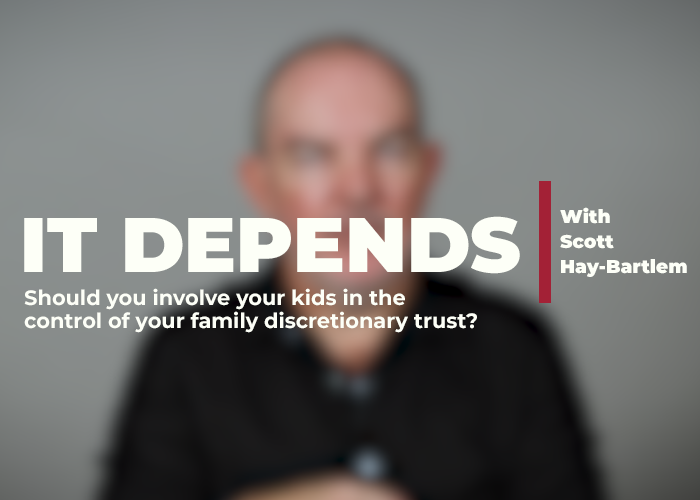Most people think that, after their relationship ends, they will end up in court arguing about parenting or property matters. However, where parties can agree about property settlement or parenting matters, there is no need to go to court. All matters can be resolved by way of written agreements.
Property settlement matters can be formalised by way of a consent order or a financial agreement. Both are legally binding ways to formalise your property settlement.
A consent order is a document that sets out the terms of the parties’ settlement, has been signed by both parties, filed with the the Federal Circuit and Family Court of Australia, and then considered and approved by a registrar of that Court. The parties do not need to attend the Court and the consent order will issue directly from the Court.
A financial agreement is a private document, which, again, sets out the terms of the parties’ property settlement but requires both parties to obtain extensive independent legal advice before signing. This document is not considered by a registrar of the Court, which is why independent legal advice is required.
Parenting matters can be resolved in the form of a parenting plan or a consent order. A parenting plan is a written agreement between parents, which has been signed by both parents, is dated, and which sets out the terms of the agreement about matters such as where the children will live, how and when they will communicate with their parents, parental responsibility and how parents will resolve disputes about the parenting plan. The parenting plan is not legally binding or enforceable at law. A consent order is a written document, signed by both parties, which is considered and then approved by a registrar of the Federal Circuit and Family Court of Australia, provided it reflects what is in the best interests of any child or children.
There are important differences between these sets of documents, that are used to formalise property and parenting matters. To ensure you get the right document for your individual circumstances, you should obtain legal advice before signing any document.





